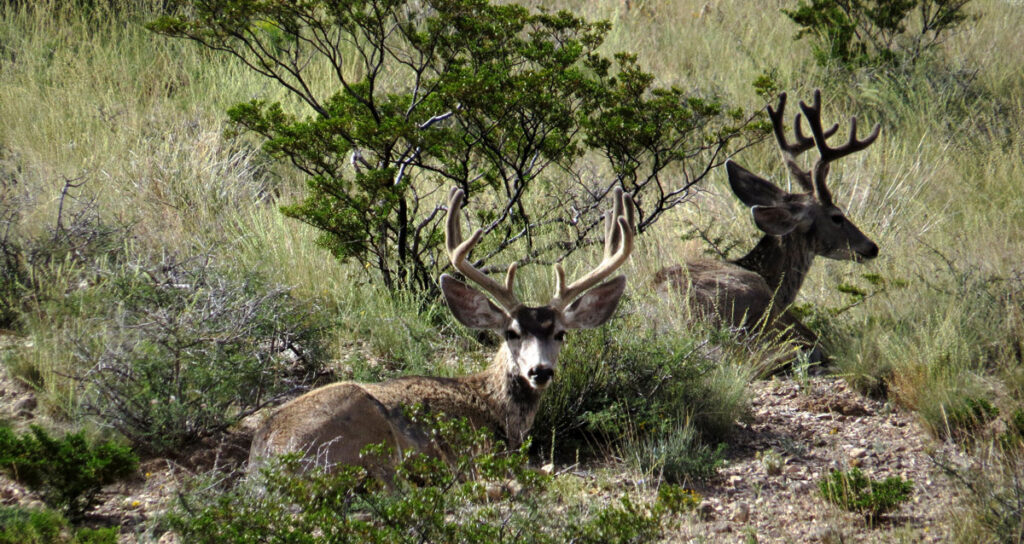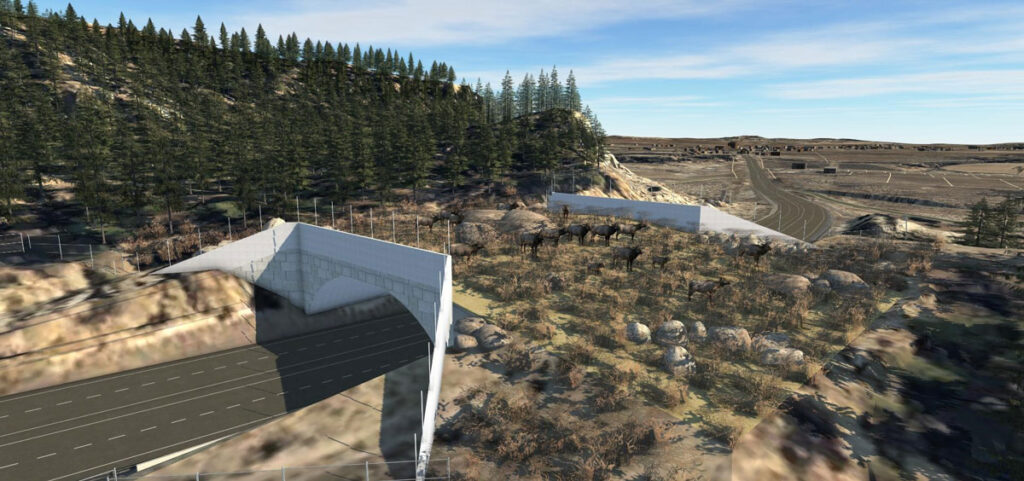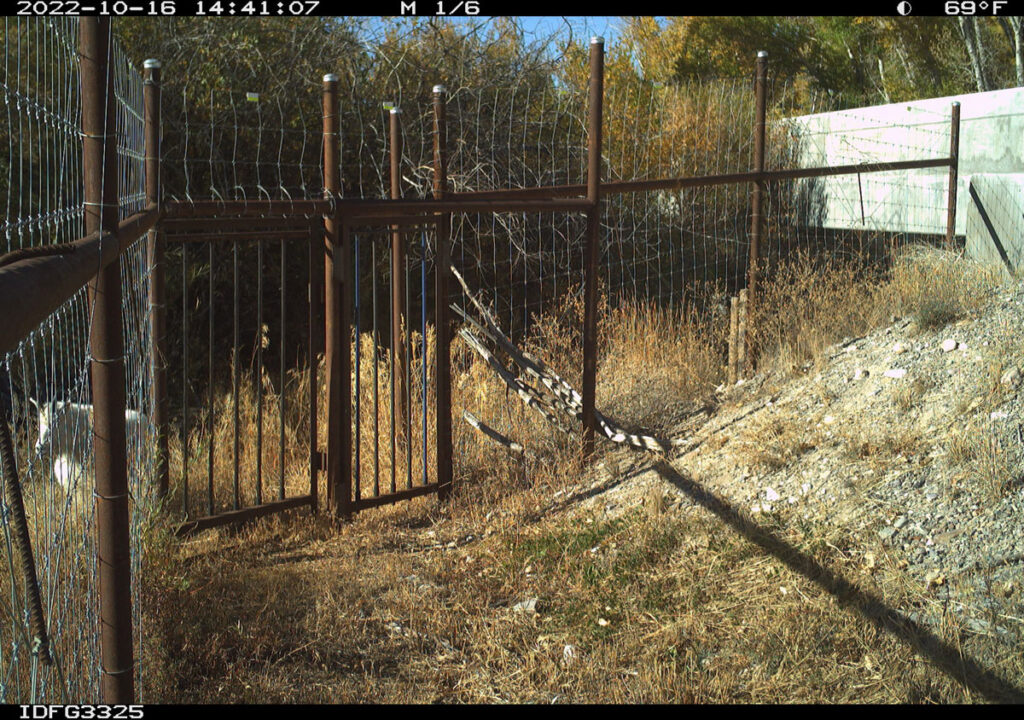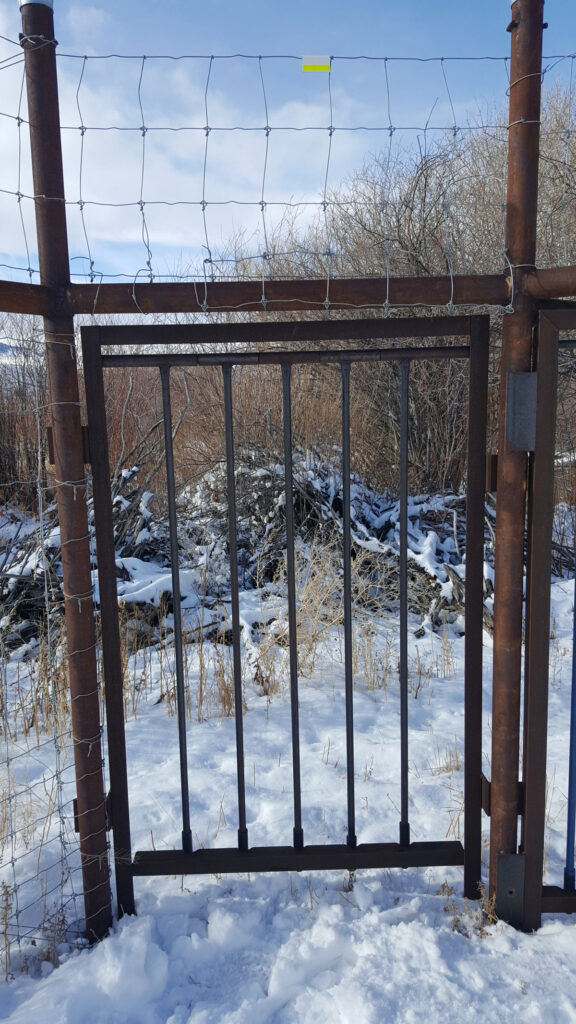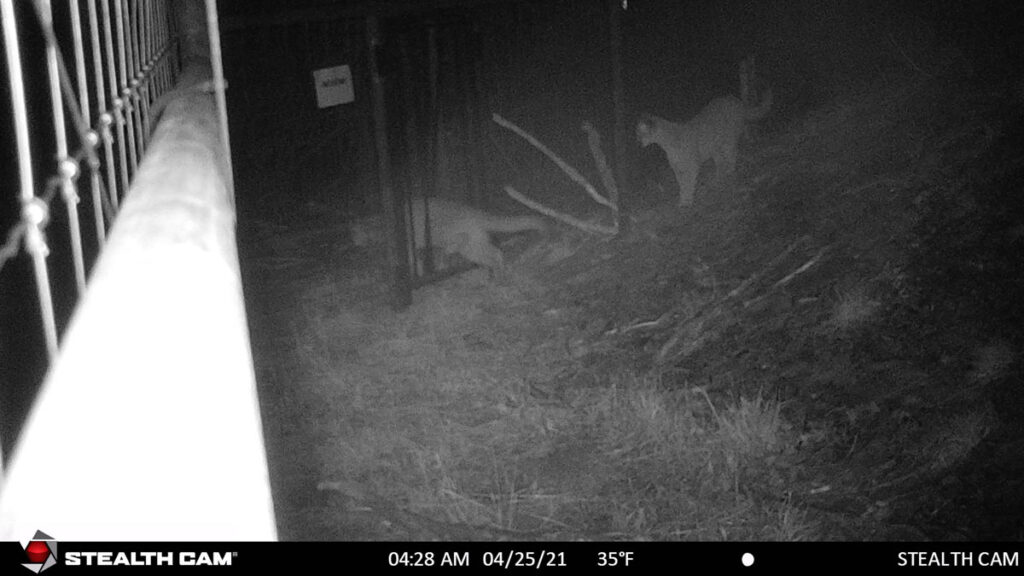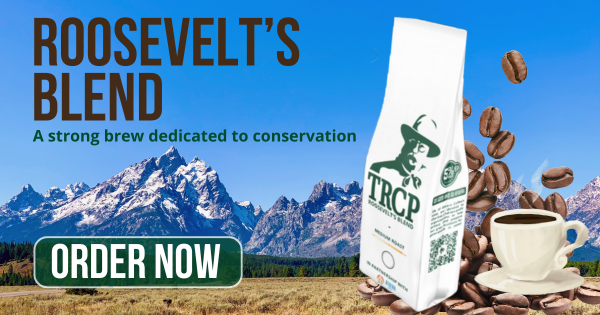TRCP’s “In the Arena” series highlights the individual voices of hunters and anglers who, as Theodore Roosevelt so famously said, strive valiantly in the worthy cause of conservation
DeAnna Bublitz
Hometown: Apple Valley, MN
Occupation: Microbiologist
Conservation credentials: DeAnna Bublitz is the founder of DEER Camp, a gear library for hunters based in Missoula, Montana.
DeAnna Bublitz grew up in Minnesota enjoying the many state parks and open farmland the North Star state has to offer. When she moved to Montana in 2012, Bublitz wanted to become more intentional and involved with her meat consumption. She asked a friend if they would loan her gear and show her the ropes of hunting. The rest is history. Since that influential first season, Bublitz has founded DEER Camp, an organization that aims to reduce some of the financial hurdles by providing a gear library for hunters.
Here is her story.
My parents introduced me to the outdoors. They weren’t backpackers or anything, but we’d go car camping at various Minnesota state parks and on my grandparent’s farmland in Wisconsin. I grew up with a big backyard near a pond that let me perfect my frog-catching abilities. My parents also sent me to summer camps which were a major player in getting me into the outdoors. I learned to canoe and backpack at the Wolf Ridge Environmental Center in northern Minnesota, and this foundation led me to taking weeklong backpacking trips with friends along the Superior Hiking Trail in high school.
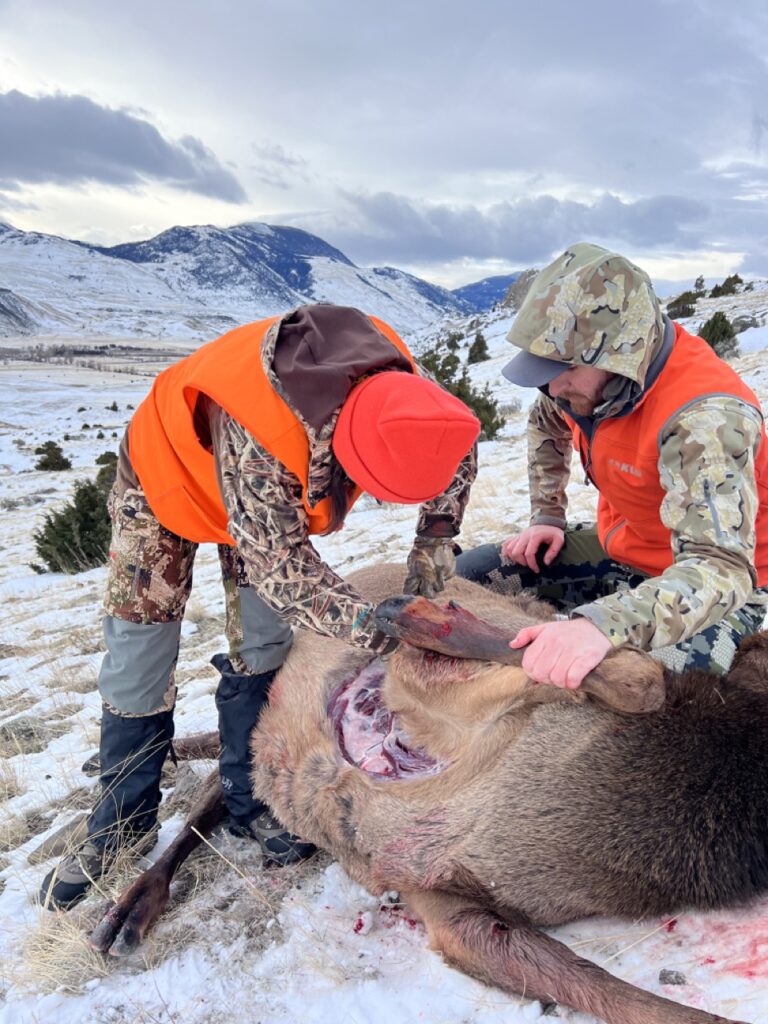
Hunting came later when I moved to Montana in 2012. After going trap shooting with my landlord (and realizing I wasn’t as terrible as I’d imagined I’d be) I wanted to see if I could be more intentional and involved with my meat consumption. So I reached out to my only friend here at the time, a friend I’d met ages ago at that same summer camp, to see if she and her husband would loan me gear and show me the ropes of hunting. And the rest is history.
I think one of my most memorable outdoor adventures was my first solo backpacking trip. I go hunting alone quite a bit, but those are always day trips or maybe to a Forest Service cabin. But just a few years ago I finally did a longer backpacking trip just myself and my dog and it was wonderful. We did a 20-mile loop over three nights in southern Montana where I didn’t pass anyone on the trail until the last three miles. My campsite for two nights was in an elk wintering ground, and they had clearly only vacated recently because their tracks and scent were all over. It was beautiful and empowering to be in that vast of a landscape with no one but my dog.
A Canadian or Alaskan moose hunt would be a dream. The landscape is just incredible so even if I didn’t get anything, I’d come away happy. And pulling a moose tag in Montana is a test of your patience and longevity.
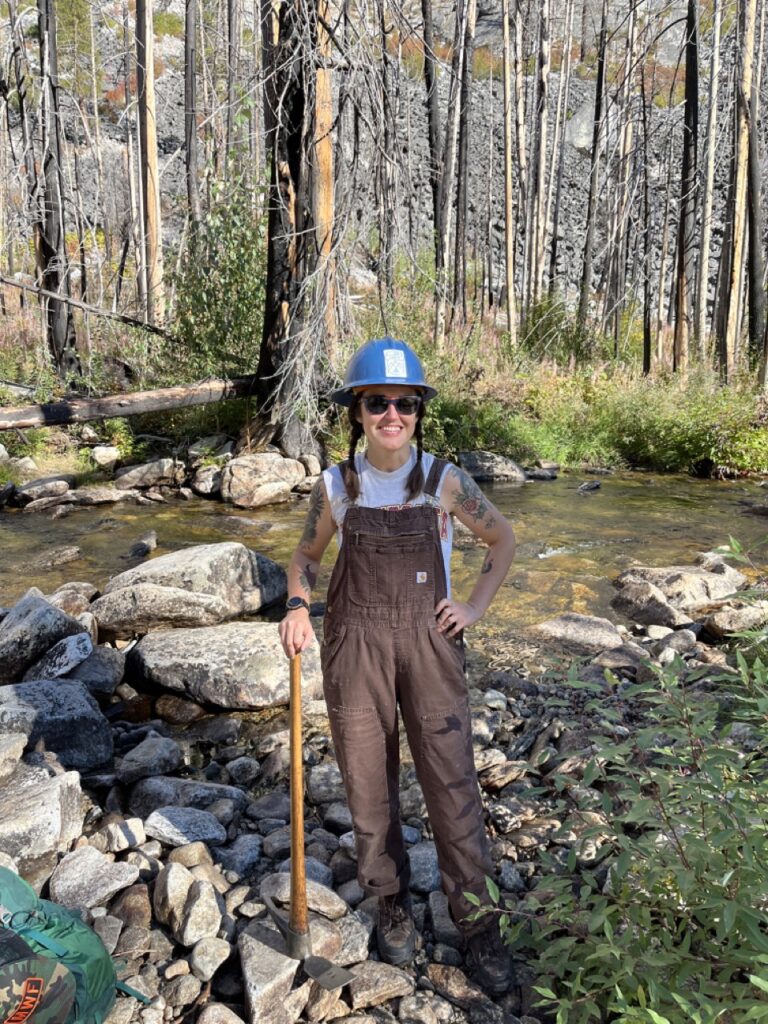
Conservation enhances my outdoor life by making it possible. Generations of advocates came before me, and they are why the large tracts of land I recreate on are available to everyone. From Missoula-local trails like Mt. Sentinel and Mt. Jumbo, to the Scapegoat Wilderness, these spaces have been conserved for recreation and wildlife alike because of conservation-minded folks.
From an early age it was instilled in me that we are all stewards of our surroundings, so being engaged with conservation issues was a natural course.
DeAnna Bublitz
One of the biggest conservation challenges in my area is development, which is maybe not what a lot of folks think about when they imagine Montana. But we have been growing population-wise for some time and the boom that came in the last few years has really put a crunch on housing. People aren’t moving here so they can live in denser cities; they want their private 20-acre ranchette on prime valley land or high up in the mountains, both options necessitating new driveways, roads, power lines, and fences. All which disrupt wildlife corridors. Wrapped up in development is every other issue you might think of facing conservation: more driving miles because folks still need to get groceries, go to the doctor, get their kids to school, and all of these activities lead to habitat fragmentation, introduction of noxious weeds, wildlife conflict, and changing attitudes of about land use, management, and access.
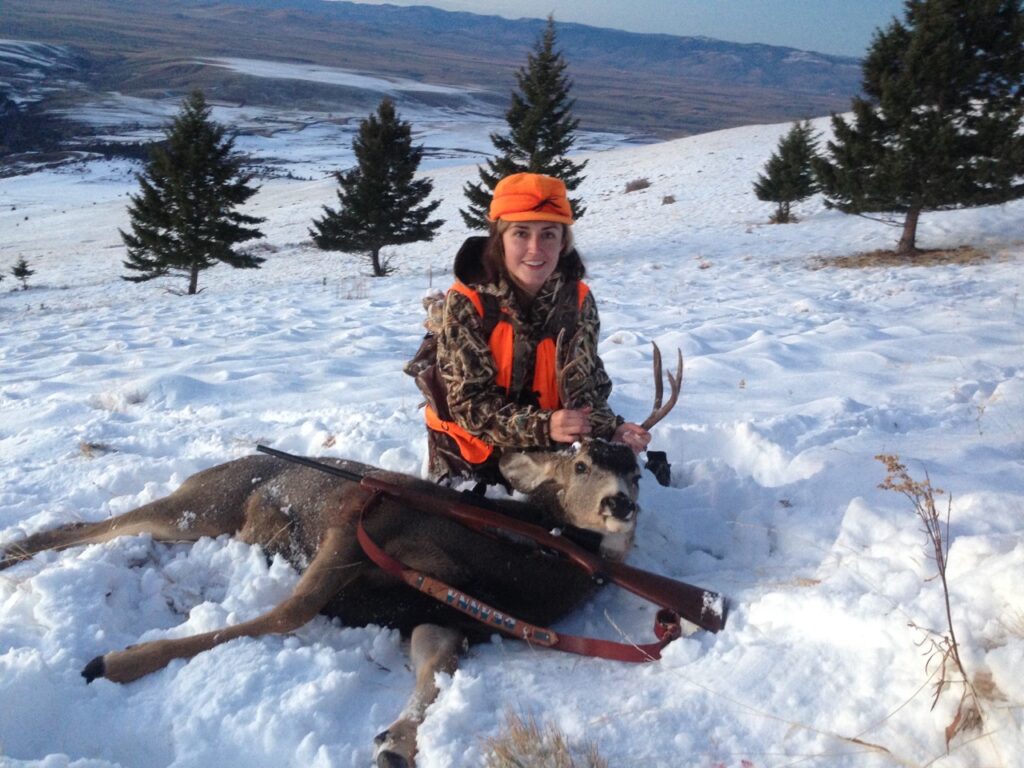
From an early age it was instilled in me that we are all stewards of our surroundings, so being engaged with conservation issues was a natural course. The simplest reason I’m invested in conservation is that I use and love these outdoor spaces and by extension, I care for what lives there and want it to be healthy. But I also want these places to be available for other folks in the future to discover and fall in love with. And at least in Montana, it feels really easy to get involved and create community around conservation. In a very short time, I’ve made connections with so many regional and statewide nonprofits, I am on the Board of Directors for our local rod and gun club, and these connections and activities help me stay engaged and energized in a way that is long lasting and sustainable.
Most hunters and anglers I know aren’t just in it for the harvest, so while conservation should matter for simply ensuring healthy populations of these game animals, it’s about more than that. Hunting and fishing are ways to get into the outdoors and see new places, take photos of beautiful sunrises, and more often than not, see all manner of critters that aren’t the ones you’re actually looking for. Conservation work creates better habitat for the animals we hunt and fish and subsequently, healthier populations of those animals. The efforts put into conserving the habitats of game animals typically benefits all of the other organisms that exist in those same environments, but it also makes for healthy landscapes to soak in when you’re out there and untying your line from a tree or taking your rifle for walk.
Photos Courtesy of DeAnna Bublitz.
The TRCP is your resource for all things conservation. In our weekly Roosevelt Report, you’ll receive the latest news on emerging habitat threats, legislation and proposals on the move, public land access solutions we’re spearheading, and opportunities for hunters and anglers to take action. Sign up now.

